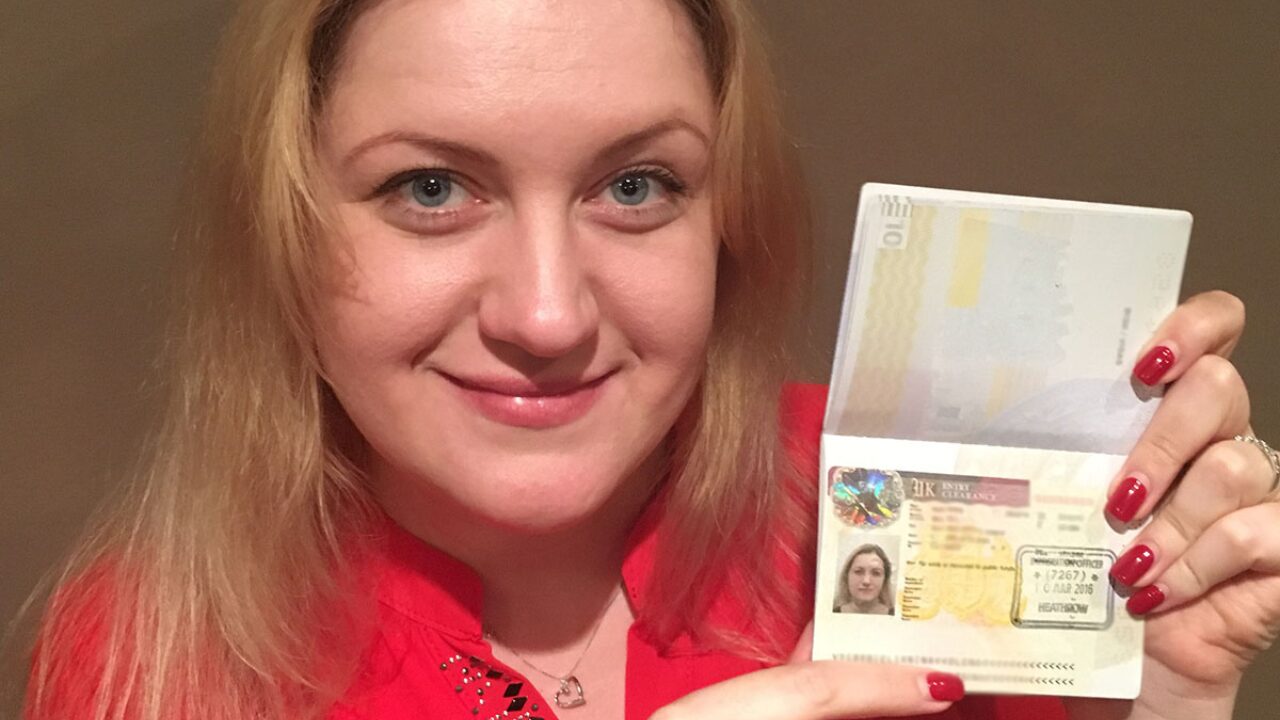Securing Your UK Spouse or Fiancé Visa

Navigating the UK immigration system can be daunting, especially when securing a spouse or UK fiance visa. This article will guide you through the essential steps, requirements, and tips for successfully obtaining your visa, allowing you to be with your loved one in the UK.
Understanding the Visa Types
Before you begin the application process, it’s crucial to understand the difference between the two primary visa types:
- Spouse Visa: A UK spouse visa is for individuals married to a British citizen or settled person in the UK. It allows you to live, work, and study in the UK.
- Fiancé Visa: This visa is for individuals engaged to a British citizen or settled person who intends to marry within six months of arrival in the UK. After marriage, you can then apply for a spouse visa.
Eligibility Requirements
General Requirements
To qualify for either visa, you must meet the following general requirements:
- Relationship: You must prove that your relationship is genuine and subsisting. This often involves providing evidence of cohabitation, communication, and shared finances.
- Age: Both partners must be at least 18 years old.
- Financial Requirement: The British partner must meet a minimum income threshold of £18,600 annually. This requirement increases if you have children.
- English Language Requirement: You must demonstrate proficiency in English, typically by passing an approved language test or providing evidence of a degree taught in English.
Specific Requirements for the Fiancé Visa
For the fiancé visa, you also need to provide:
- Intent to Marry: Evidence of your intention to marry within six months, such as a wedding venue booking or invitations.
- Proof of Relationship: Documentation showing that you have been in a relationship for a significant period before applying.
Application Process
Step 1: Gather Documentation
Collect the necessary documentation to support your application. This includes:
- Valid passports or travel documents
- Evidence of your relationship (photos, messages, joint bank statements)
- Proof of financial income (payslips, bank statements)
- English language test results
- Accommodation details in the UK
Step 2: Complete the Application Form
You must complete the appropriate online application form on the UK government’s website. Ensure all information is accurate and complete, as discrepancies can lead to delays or refusals.
Step 3: Pay the Fees
Pay the visa application fee, which varies depending on the visa type and your circumstances. Additionally, you’ll need to pay the Immigration Health Surcharge, allowing you access to the NHS during your stay in the UK.
Step 4: Biometric Information
Schedule an appointment at a visa application center to provide your biometric information (fingerprints and photographs).
Step 5: Submit Your Application
After gathering all documents and completing the application form, submit your application and the required documents at your appointment.
Tips for a Successful Application
- Be Honest: Always provide truthful information. Any inconsistencies can jeopardize your application.
- Document Everything: Keep thorough records of your relationship. This includes photos, messages, travel itineraries, and any evidence of time spent together.
- Consult a Professional: If you find the process overwhelming, consider seeking help from immigration solicitors or consultants who can provide tailored advice.
- Be Patient: Visa processing times can vary, so be prepared for delays. Visit the UK government’s official website to view the latest processing times.
READ MORE
Conclusion
Securing a UK spouse or fiancé visa can be complex, but you can successfully navigate the system with careful preparation and attention to detail. By understanding the requirements and following the steps outlined in this guide, you’ll be well on your way to reuniting with your loved one in the UK. Remember to stay informed of any changes to immigration rules, as these can affect your application process. Good luck!
Read More: The History and Evolution of VERO Cells in Scientific Research.
